On Saturday, August 30, 2025, The Village School held its first annual Student Leadership Conference, bringing together club officers, honor society leaders, team captains and ambassadors for a day dedicated to growth, collaboration and purpose-driven leadership. The event, themed “Beyond the Title: Leading with Purpose,” gave students the chance to develop the skills and confidence needed to make a real impact in their organizations and communities.
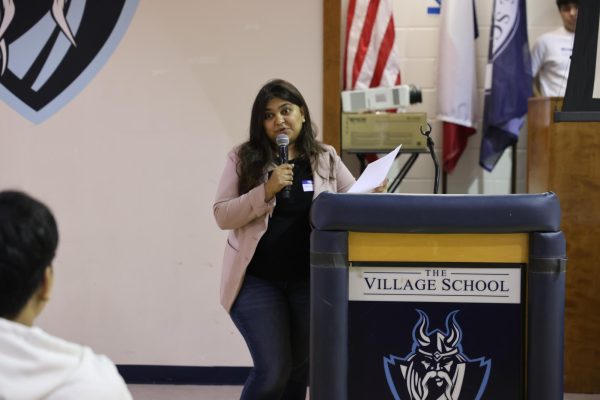
The conference began with a keynote address by Hina Memon, IT Program manager at Chevron and President of the VSPA Board.
“The theme of today is leading with empathy, leading with positivity.” Memon said. “So, the leader who leads with empathy, who partners well with others, will be able to deliver a lot [more than] a leader who just wants the limelight, who wants to be at the forefront but bulldozes everyone else around it.”
Her message set the tone for the day, emphasizing how leadership isn’t about holding a title but more about making an impact and being a leader to guide people into a positive direction. “Remember the saying you will hear time and time again from a lot of leaders around you, that if you want to go fast, go alone. But if you want to go far, go together. ”
Throughout the day, students rotated through alumni-led workshops that all related to the topic of leadership, such as servant leadership, planning and organization, communication, marketing and building inclusive communities. These sessions encouraged and taught students to think more critically about how to be the efficient and effective leader that they want to become for their clubs and teams.
Among the workshops, The Village School alum Kyle Marks (‘22) was one of four returning students to present for the Leadership Conference, discussing how being a leader means more than just making the decisions but also being able to communicate with others.
“Communication is what allows us to connect to one another,” said Marks. “It’s what bridges the gap between being just a normal bystander and also being someone who’s actively involved.”
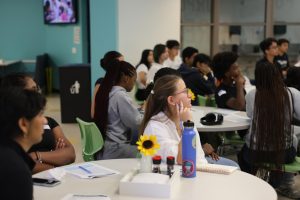
Beyond learning communication, fellow alum Camila Soler (‘20) examined the difference between leading traditionally and leading with service.
“The [traditional] leadership believes themselves as the most important person in the room, and leads with that kind of mentality,” Soler said. “While, on the other hand, the service leadership flips the pyramid, and it allows for the leader to serve as a rock and service as a support system for the rest of the team.” She continues to reinforce the idea of putting the people on your team and in your community first, concentrating on the concept of the whole rather than just those in charge. In contrast to the norm, Soler explores the true meaning of leadership and how it can serve everyone if done right.
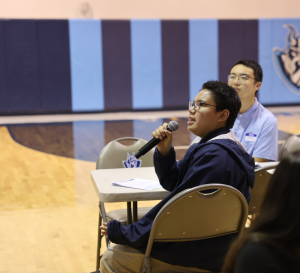
“They [clubs] teach us about the world in interesting ways and expand our perspective,” Said alum Diyvesh Khatri, presenting on club culture and its purpose. “And when you join the right club, you really start to feel like you have something to care about that allows you to see what you are truly capable of because you’re putting it all out there.”
He explains how leading a club expands further than physical achievement but also cultural. In building clubs, you are building communities as you lead people to a common goal and interest.
“Events are one of the most powerful ways to give your peers and yourself a powerful voice, and great leaders don’t wait; they build,” Said alum, Tommy Wan (‘22).
As the fourth workshop presenter, Wan showed students the more tangible side of being a leader: Events.
“Events shape how people see your club and what it stands for.” Wan said. ”They create memories that help you build the school pride and culture, and when done right, they can seriously inspire the next generation of leaders.” He not only elaborated on what they mean, but how to get them done right. As a student who had significant past experience in event organisation, he pulled his own individual experiences into applicable information and formats for student use.
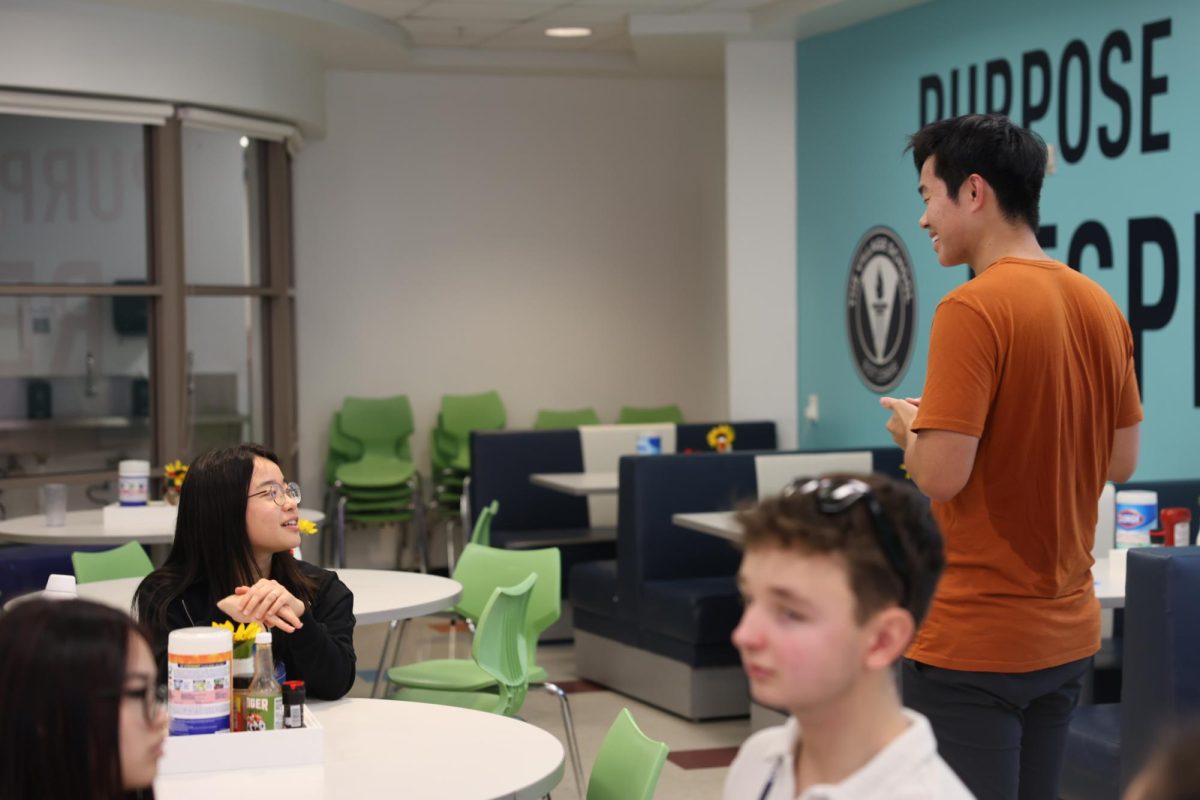
A highlight of the conference was the Alumni Leadership Panel, which was led by The Village School Social Emotional Counselor, Rayla Willis. This panel featured the former students and current workshop presenters who shared their journeys after high school. Outside of their own stories, the alumni answered student questions on leadership, university and more, providing supple information with their past experiences over the years.
Bringing everything together, students finished up the conference applying their new knowledge. The afternoon concluded with a Collaborative Planning Lab, where student leaders worked together to set goals and benchmarks for their organizations.
Participants walked away not only with new strategies but also with concrete benefits: a Certificate of Completion, one service hour for their time in the Planning Lab, and a meaningful experience for them to add onto their university applications and leadership portfolios.
“When you care, you push yourself further than you thought possible,” Said Khatri. “I think the best thing you can do with leadership is make other people confident. That’s your responsibility, I think, as a leader for your club.”

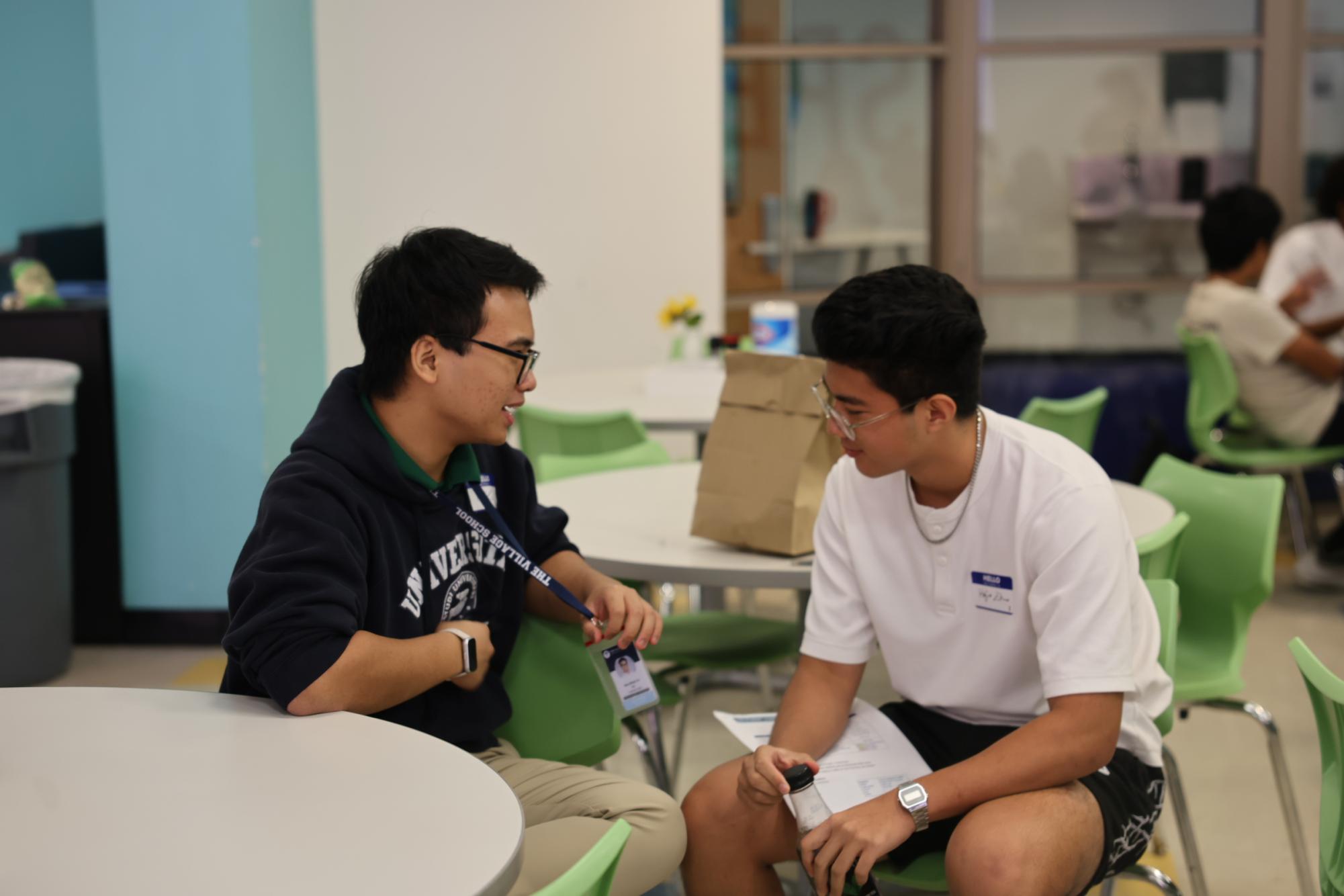


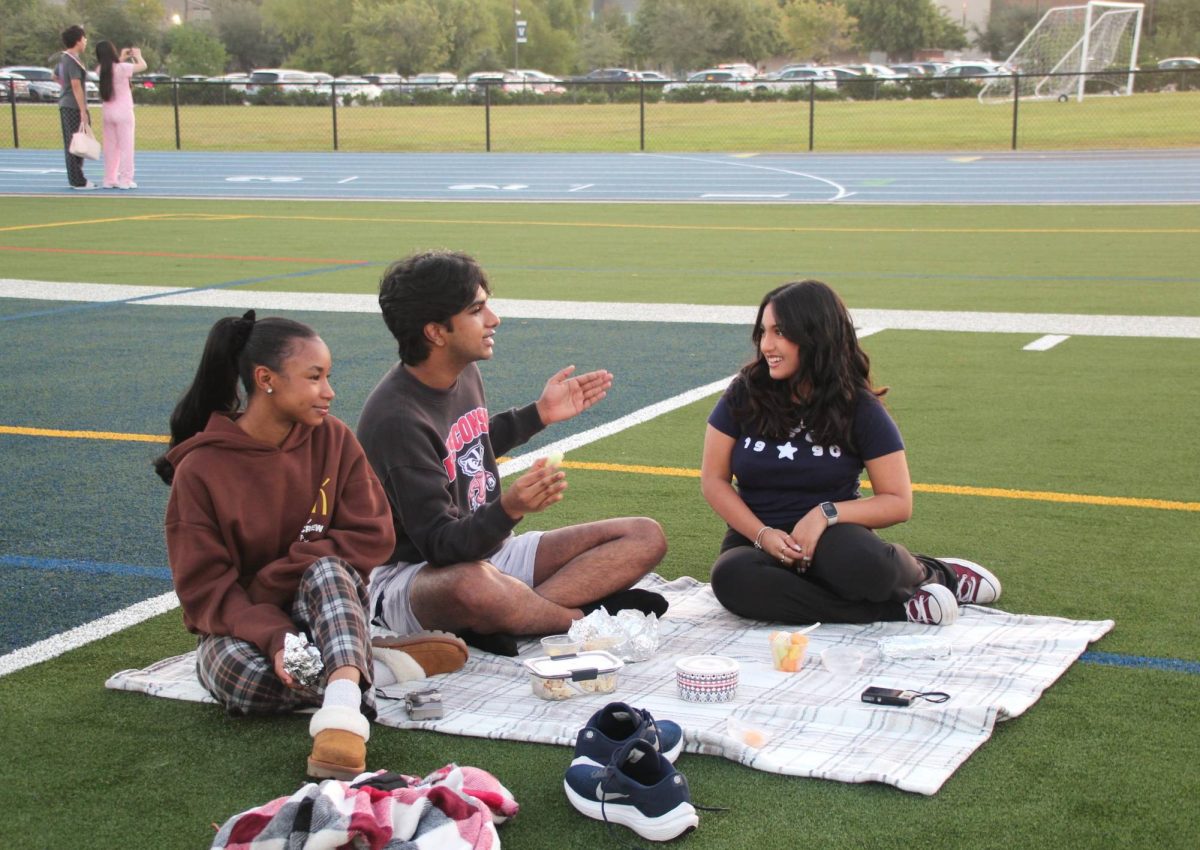

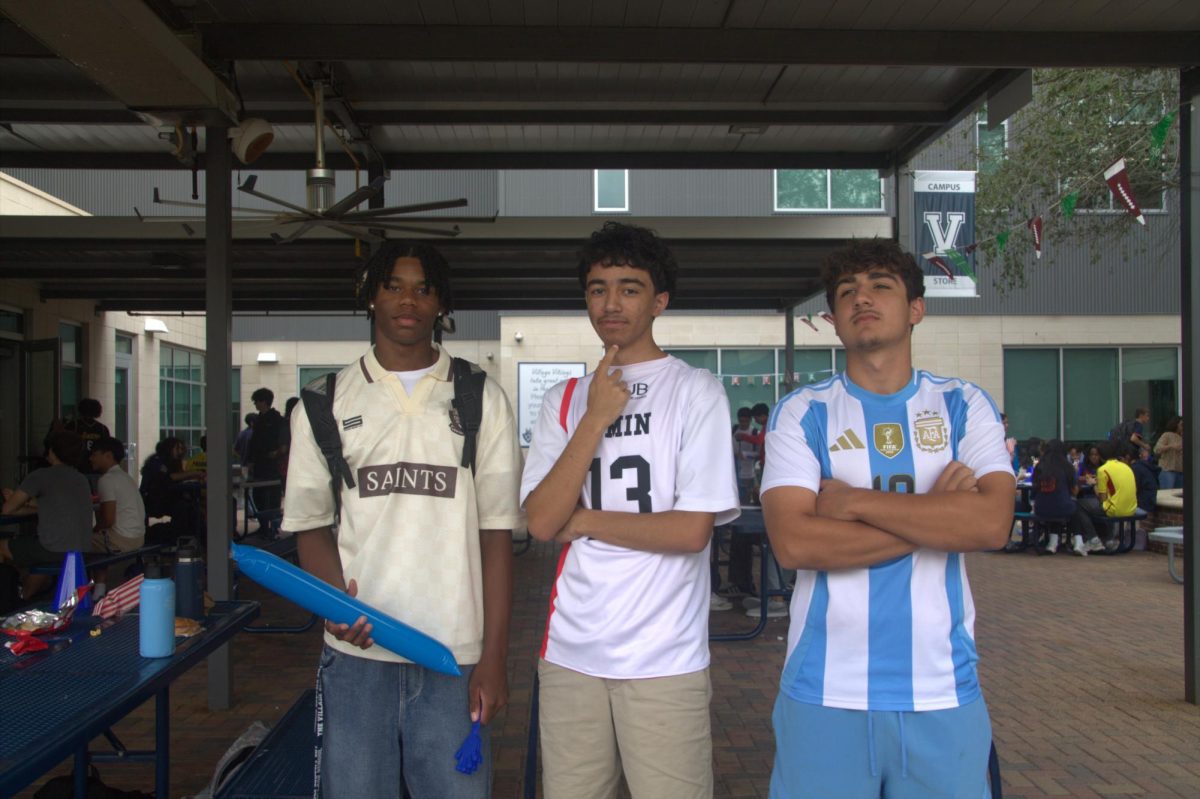
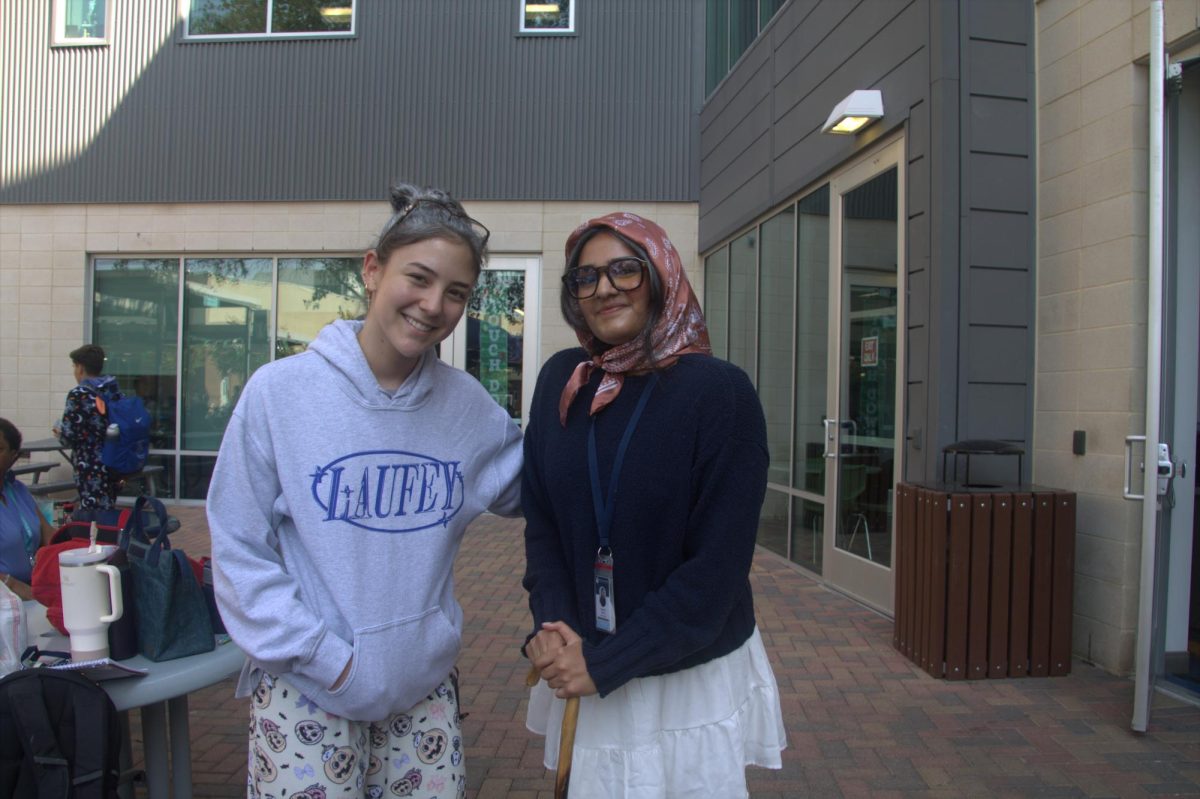
![[GALLERY] HOCO Spirit Week: Rhyme Without Reason](https://thevikingpresstvs.com/wp-content/uploads/2025/09/IMG_6274-1200x800.jpg)